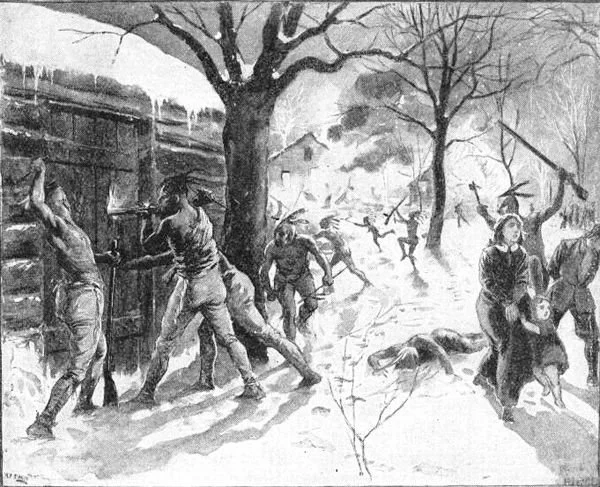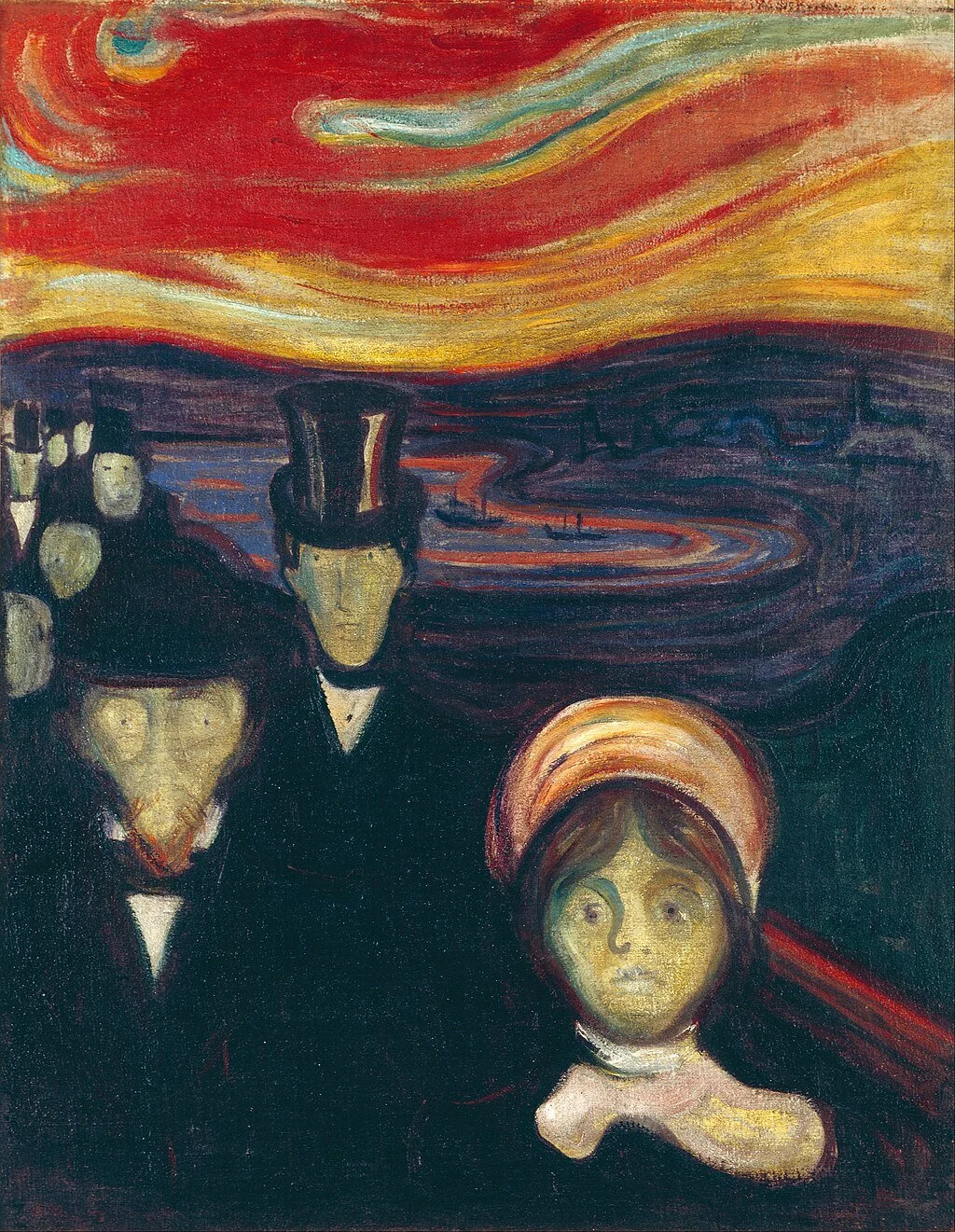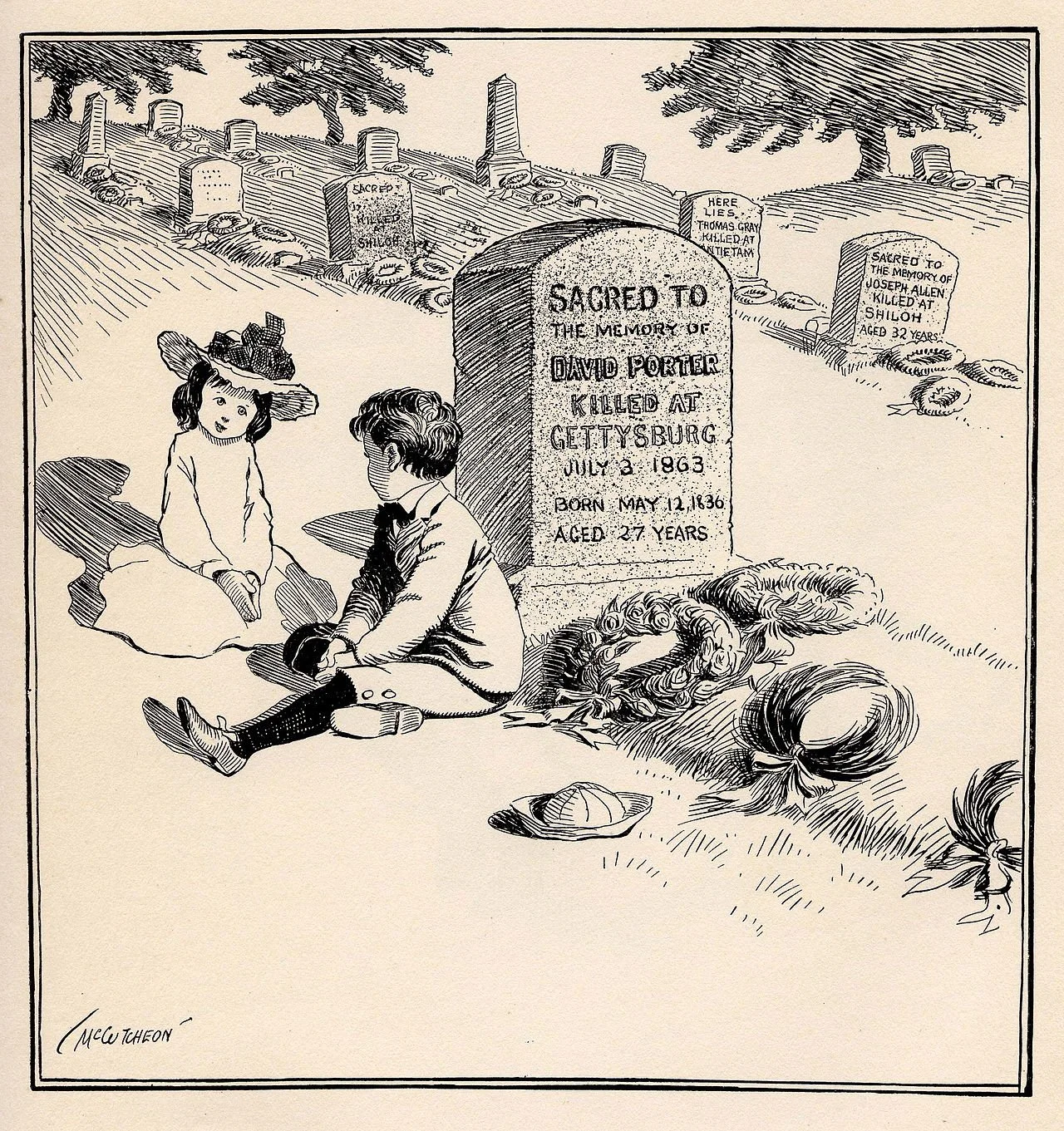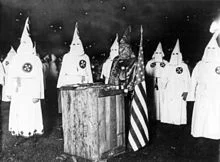Connecticut Gov. Dannel Malloy, that state's congresspeople and Democratic officials everywhere insist that everyone must speak out against the aspiring Nazis and Klansmen who went looking for a fight in Charlottesville the other week and were given one by street-theater-loving leftists as the city's police withdrew.
Many people are heeding the Democrats' calls, holding church services and "vigils" to declaim against "racism and hate." Even University of Connecticut President Susan Herbst felt compelled last week to issue a statement essentially declaring that she's not a Nazi, as if anyone had suspected her.
But no, we all don't have to speak out against "racism and hate."
For Nazis and Klansmen are not really numerous in this country. The few dozen who descended on Charlottesville may have constituted most of those who would even dare show themselves. The reaction to them is so disproportionate to their significance that it plainly has a partisan political purpose -- to keep discrediting President Trump for his inability to speak sensibly and accurately about anything.
But anyone who wanted to know that about Trump knew it long before Charlottesville. Further, people who live normal lives and behave decently can be safely assumed not to be Nazis or Klansmen. But people who demand that everyone certify that he is not a Nazi or Klansman cast insinuation against everyone and engage in political intimidation. The sanctimony of the church services and "vigils" compounds this insinuation and intimidation, a merger of religion and politics that offends the political left when the right attempts it.
Even so, sanctimony is a great tool politically and it is getting out of hand. This week some environmental and religious groups planned a "vigil" at Hartford City Hall in support of an ordinance banning disposal of fracking waste. For apparently God isn't just against Nazis, Klansmen, and Trump; He stands with the left on energy policy too.
As they marched in Charlottesville the Nazi thugs carried torches for intimidating effect. The people holding "vigils" against "racism and hate" carry candles to reinforce their sanctimony. Invoking religion, the candles are more intimidating politically than the torches.
* * *
It's no wonder that Governor Malloy and leaders of the General Assembly like to attend "vigils" and posture against "racism and hate." It's a lot easier than a job they were elected to do: producing a state budget.
The state Senate's Democratic leader, Martin Looney, of New Haven, says municipal officials are wrong to complain about the delay of the budget. The budget is so late, Looney says, because legislators are trying to arrange "more aid to municipalities and more education aid."
Not really. The delay results from disagreement over the governor's plan to divert $400 million from teacher pension fund contributions, use the money to finance state government, and make municipalities replace it by raising property taxes. Most Democratic legislators would prefer to raise state taxes instead, particularly the sales tax.
The money here is not "aid to education" but compensation for members of teacher unions, who, as part of the majority party's biggest component, government employees, have to be bought off just as the state employee unions were recently bought off with a new contract that preserves their jobs and compensation for four years.
Without a budget the governor is reducing "aid to education" for all but the poorest cities and towns. It would be nice if this policy could last for a year or two so Connecticut could see if anything changes in student performance. For decades nothing about student performance changed as aid went up. Would anything change if aid went down?
Chris Powell is managing editor of the Journal Inquirer, in Manchester, Conn.
















